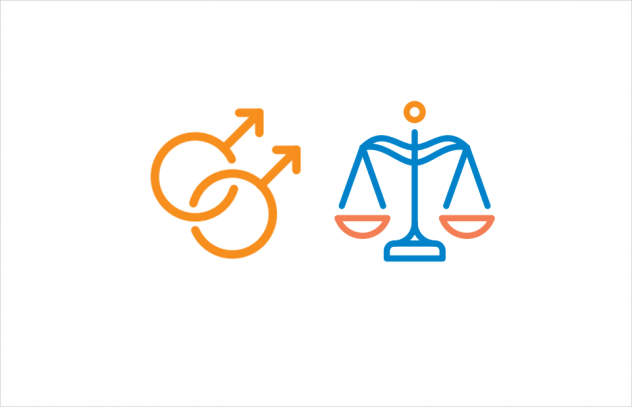

Press Statement
UNAIDS welcomes the decriminalisation of same sex relations by Singapore's Parliament
01 December 2022 01 December 2022Responding to the scrapping of the colonial era law which had criminalised gay men, UNAIDS Regional Director for Asia and the Pacific region Taoufik Bakkali said:
“Everyone benefits from decriminalisation. The end of the criminalisation will save lives.
In all countries which have criminalised gay men, it has had the consequence of obstructing access to vital services. Laws which punish consensual same sex relations, as well as contravening the human rights of LGBT people, are a major barrier to improving health outcomes, including in the HIV response. Punitive legislation embeds stigma and discrimination against LGBT people, and deters LGBT people from seeking healthcare for fear of being denounced to the authorities and facing punishment and detention.
The international momentum to scrap colonial punitive laws will inspire other countries to follow. The evidence is clear: if we are to protect the health of everyone, such harmful laws have no future."
UNAIDS
The Joint United Nations Programme on HIV/AIDS (UNAIDS) leads and inspires the world to achieve its shared vision of zero new HIV infections, zero discrimination and zero AIDS-related deaths. UNAIDS unites the efforts of 11 UN organizations—UNHCR, UNICEF, WFP, UNDP, UNFPA, UNODC, UN Women, ILO, UNESCO, WHO and the World Bank—and works closely with global and national partners towards ending the AIDS epidemic by 2030 as part of the Sustainable Development Goals. Learn more at unaids.org and connect with us on Facebook, Twitter, Instagram and YouTube.
